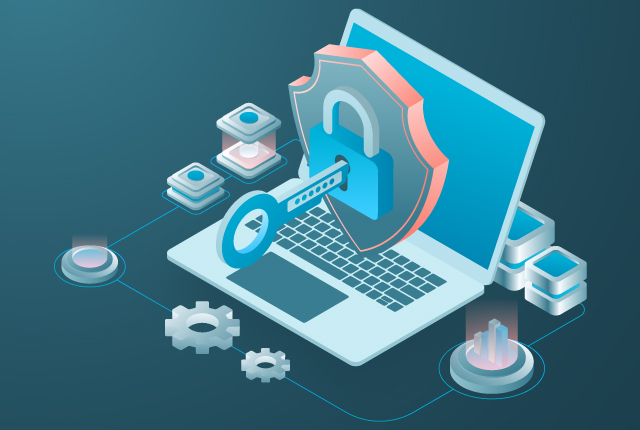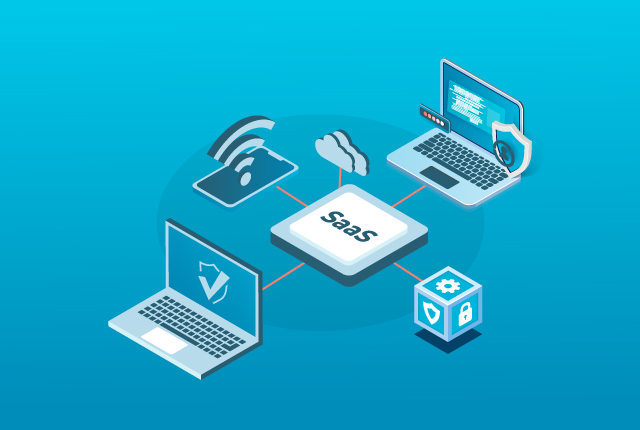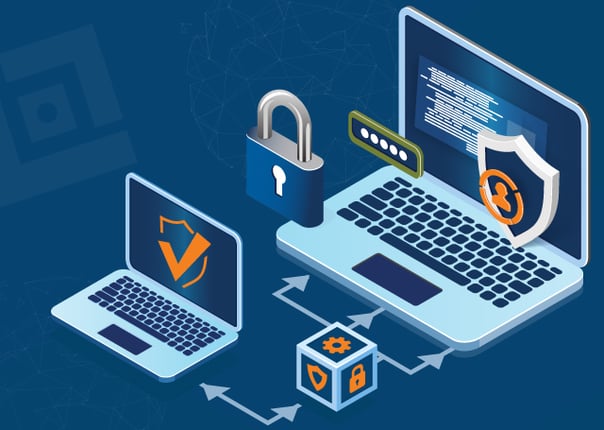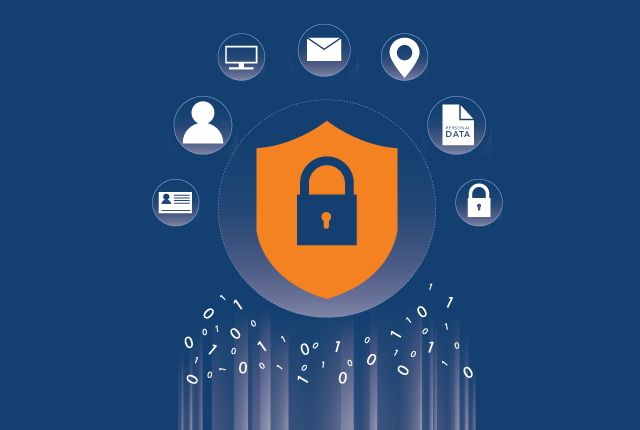Product companies always deal with unfamiliar situations. Since companies are running their operations remotely, opportunistic threat actors have increased their attacks which has increased the importance of cybersecurity.
QASource Blog
In our blog, we take a deep dive into the latest QA strategies, methodologies, and industry best practices driving the world of quality assurance. Follow our blog to get new ideas as to how to effectively deliver high-quality, bug-free software products, websites, and applications, while keeping costs low.

With the increasing adoption of SaaS (Software as a Service) platforms, the number of cyber threats and attacks is also rising. SaaS platforms store sensitive and confidential data, making them a prime target for cybercriminals. As a result, it is imperative to ensure the security of SaaS platforms to prevent data breaches, data theft, and unauthorized access. The potential loss of data and its impact on a company's reputation can be catastrophic. Therefore, implementing robust cybersecurity in SaaS is critical to protect SaaS platforms and their users.
In a recent report, Juniper Research states that more than 33 billion records will be stolen by cybercriminals by 2023. Hence, effective cybersecurity testing becomes even more important than ever. It protects all categories of data like sensitive data, personally identifiable information, and protected health information, from theft and damage.
According to a new report by Juniper Research, more than 33 billion records will be stolen by cybercriminals by 2023, which is an increase of 175% from 2018. The role of effective cybersecurity testing, hence, becomes even more important than ever. It protects all categories of data like sensitive data, personally identifiable information, protected health information, personal financial information, and intellectual property from theft and damage. Cyber threats can come from any level of your organization, so it becomes a must to educate your people about some common cyber threats like social engineering scams, phishing, ransomware attacks, and other attack vectors designed to steal intellectual property or personal data.
Security is one of the first things to invest in when managing your networks and applications. Just like the evolution of technology, the nature of ransomware and online threats have also evolved, and it has become extremely important to employ the latest best practices of cybersecurity to secure our devices and networks. However, despite our efforts to maintain the integrity of our cybersecurity systems, cybercriminals are insistent on finding new ways to penetrate our networks for malicious purposes.
The cybersecurity landscape has seen remarkable changes in 2020 with the surge in remote work. Organizations have clambered to set up remote work environments, and implement two-step authentication to ensure network security. The rapid surge in digital footprint has also resulted in a sharp rise in cybersecurity threats. According to International Data Corporation, barring major breaches, average small to medium size businesses are now likely to face costs amounting to almost 1.3 million dollars per year for cyber security-related incidents.
Companies are aware that they need to identify any security vulnerabilities present in their products early on in the process, which is why SAST and DAST are quickly becoming integral parts of software development processes.
MFA creates multiple layers of protection that make it harder for any unauthorized user to access an application. If one layer breaks, the attacker still has to break through more barriers to get access, which is not an easy task.
UEBA is a cyber security process that analyzes users’ behavior. ML, statistical analysis, and algorithms are used to analyze deviations from the usual users’ patterns. UEBA also analyzes logs and reports data, files, and flow.
Written by QA Experts
QASource Blog, for executives and engineers, shares QA strategies, methodologies, and new ideas to inform and help effectively deliver quality products, websites and applications.
Categories
Authors
Our bloggers are the test management experts at QASource. They are executives, QA managers, team leads, and testing practitioners. Their combined experience exceeds 100 years and they know how to optimize QA efforts in a variety of industries, domains, tools, and technologies.







